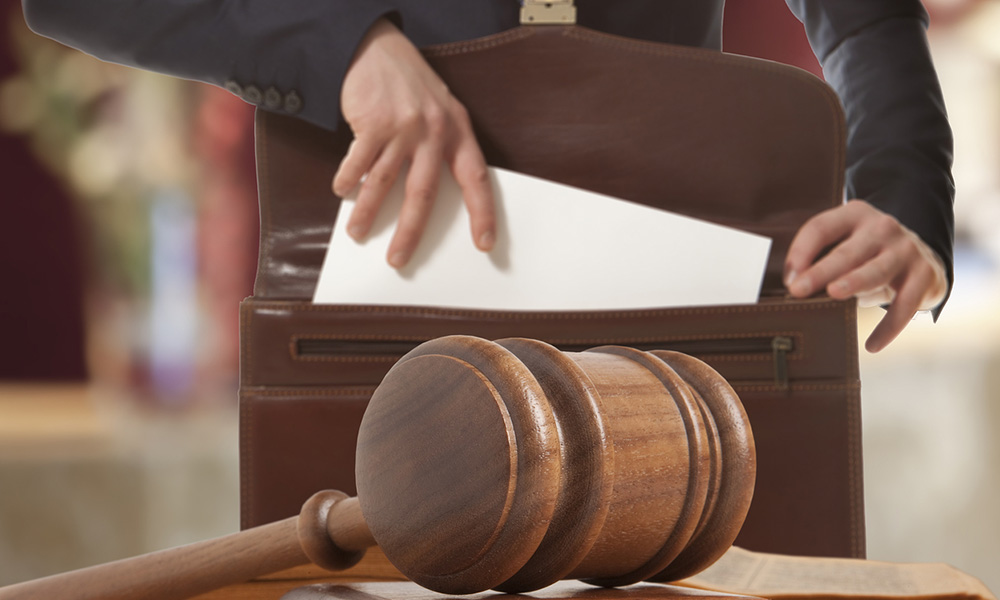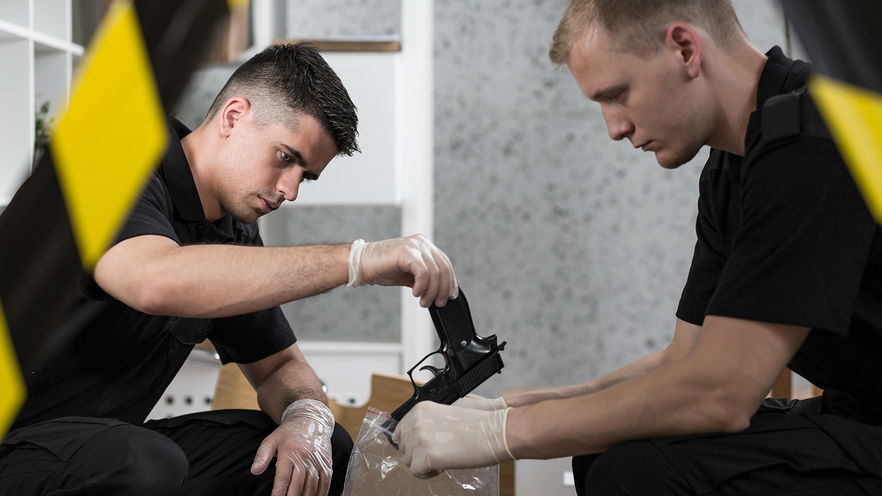Those who are arrested for criminal offenses in New York will undoubtedly have plenty of questions about the process and the consequences that being found guilty of the offense may bring. However, these questions should only be asked to and explained by competent criminal defense attorneys, never police officers or criminal investigators.
When Accusations are Made
As soon as accusations of criminal conduct are made against a person, that person should immediately refrain from making any further comments or answering any questions regarding the allegations and should instead elect to remain silent.
Despite how they think that remaining silent will make them look, remaining silent is always in the best interest of a New York criminal suspect. When a person remains silent, then the person’s own statements or comments can’t be used against the person in trial. Considering the fact that police officers and investigators are human and prone to misunderstandings, having a statement or comment misunderstood, misinterpreted, or misreported can be much more damaging to a person’s defense than simply waiting for an attorney to provide counsel and to handle questions on the suspect’s behalf.
What is the 5th Amendment?
Most people know the 1st amendment, which guarantees the right to free speech, freedom of the press, freedom of religion, etc – and many people know the second amendment, which grants the right to bear arms, but many are unaware of the 5th amendment and the protections that it grants.
Under the U.S. Constitution, the 5th amendment provides that individuals shall have the right not to have their life, liberty, or property seized without due process of law, and the right not to bear witness against oneself – another way of saying the right not to self incriminate.
When a police officer informs a criminal suspect of his or her right to remain silent, that right can remain in force and exercised for the rest of criminal proceedings. Following an arrest and the advisement of rights, a person need not say a single word and can still defeat charges. Remember O.J. Simpson? He didn’t utter a single word on the record at his criminal murder trial in the 1990s. This wasn’t some clever ploy used by Johnnie Cochran to win the case, it was the exercising of a right which he, as the criminal defendant, was given.
The reason the right exists and why it was included in our Constitution is because our founding fathers were tired of living under a government that could sling wild accusations about members of the public and then force the accused individuals to disprove the charges. As one might imagine, this led to terrible abuses of justice, and the founding fathers wanted to ensure that no matter how heinous the charges, it would be the job of the state to show that they are true, never the job of the accused to show that they are false. Only in very rare cases will any burden shift to a criminal defendant at trial. If a government attorney cannot prove the charges against a suspect beyond a reasonable doubt, then the suspect must be set free.
How to Invoke 5th Amendment Protections
Some of the most damning evidence that is gathered against a person suspected of a crime is gathered before an arrest is made, and sometimes it is evidence in the form of testimony that is offered by the very suspect of the crime. Since police don’t usually divulge all the details of their investigations to everyone they speak to, knowing exactly why a police officer or investigator is asking certain questions is next to impossible. If no arrest is made, the police have no duty to inform anyone they suspect of an offense that the questions they are answering may be used against them.
Therefore, it is best to invoke the right to remain silent as soon as contact with police starts. This now has to be done by saying something like “I invoke / exercise my right to remain silent.” It may seem trivial, but saying this little statement to a police officer or investigator as soon as possible can mean the difference between Constitutional protections and incriminating oneself by remaining mute.
If Possible, Avoid Public Defenders
Public defenders are attorneys appointed by the court to suspects who otherwise would not be able to afford legal counsel. While the intent behind public defenders is noble, many in jurisdictions with crowded courts are often reduced to nothing more than makers of plea bargains. A plea bargain is a deal made between a prosecutor and criminal suspect in which the prosecutor agrees to drop more serious charges in exchange for a confession to less serious charges. Unfortunately, public defenders advise their clients to take these deals even when those clients have a solid chance at a real defense – usually in order to help the court clear up its backlog of cases.
If they are advised by a public defender to take a plea deal, suspects should always get a second opinion. In fact, it would be best if those suspects could avoid being assigned a public defender altogether and instead work with independent legal counsel as soon in the process as possible.
Above All, Stay Silent
No matter what a person is accused of, by whom the person is accused, and no matter the person’s prior offenses or convictions, it is always in a suspect’s best interest to refrain from answering any questions and to refer all questions to legal counsel.
Contrary to popular belief, police and criminal investigators don’t need the statements or comments of criminal suspects in order to justify an arrest or move forward with a prosecution. If evidence of a crime exists, then an arrest and prosecution can be made with no help, no answers, and no comments from the suspect. Often times, however, there is not enough evidence of an offense to justify an arrest or prosecution, and questions made by police and investigators are little more than fishing expeditions to get the suspect to incriminate him or herself – which all suspects have the right not to do.











Comments are closed.